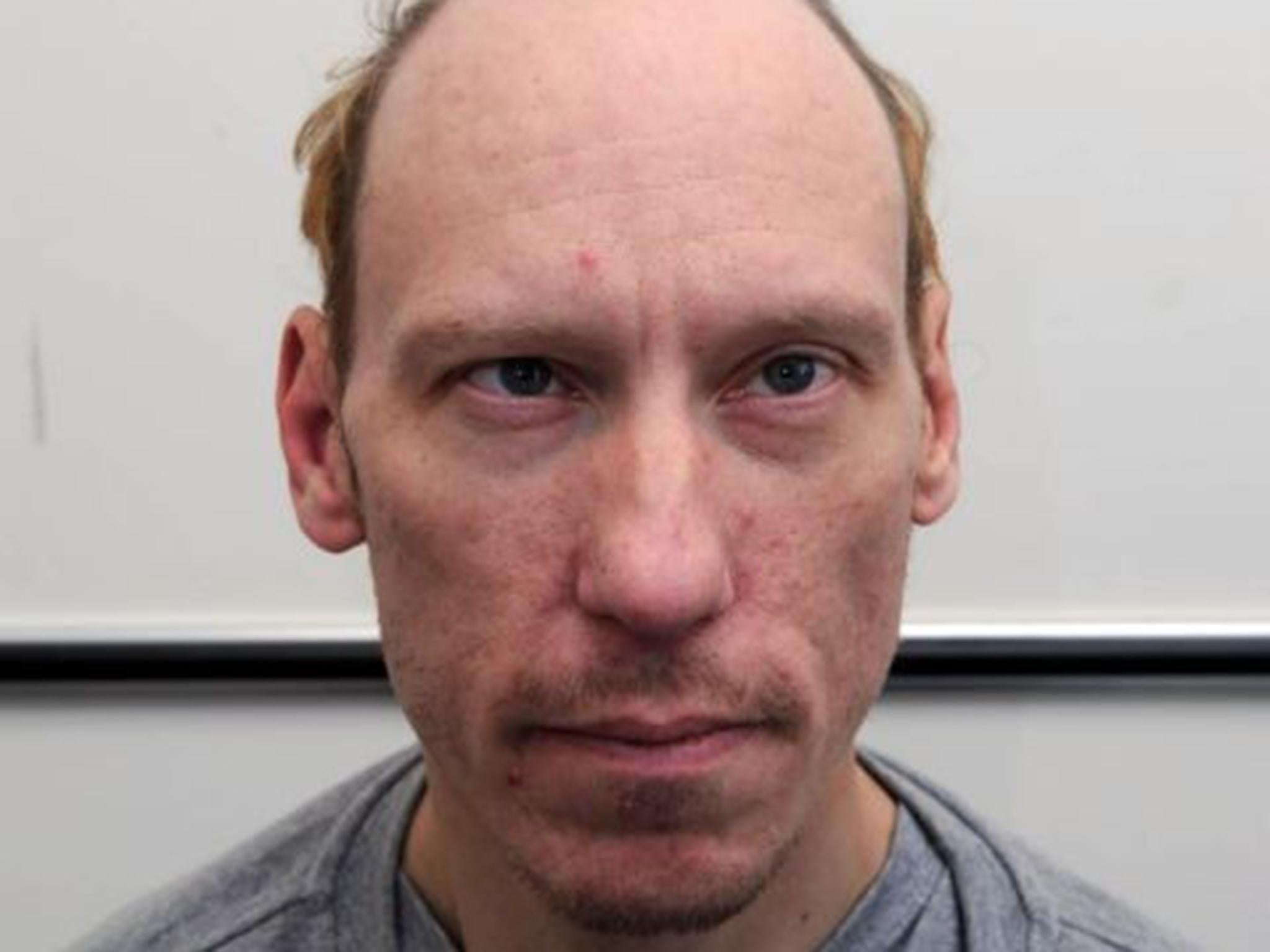Metropolitan Police issues fresh apology over ‘Grindr serial killer’ as inquests begin
Inquest jury to examine alleged failings in police investigations following deaths

The Metropolitan Police has issued a formal apology over its investigations into the deaths of gay men who were murdered by a serial killer.
Stephen Port targeted men he met through the Grindr website and used the “data rape” drug GHB, which caused the deaths of four victims.
He targeted at least 11 men in total through 2014 and 2015, but was not caught for 15 months after his first murder.
Port was given a whole-life order in 2016 for the murders of Anthony Walgate, 23, Gabriel Kovari, 22, and Daniel Whitworth, 21, and Jack Taylor, 25, between June 2014 and September 2015.
On Tuesday, inquests will begin to consider the circumstances of their deaths, and whether they could have been prevented.
Sarah Munro, assistant coroner for the East London area, will preside over hearings at Barking Town Hall.
On Friday, she told jurors: “[Port’s victims] were killed by him with overdoses of a date rape drug called GHB and their bodies were discarded by him yards from where we are sitting now.“
The Metropolitan Police said officers had provided all material required for the inquests and “welcome a full examination of the facts surrounding the tragic deaths”.
Commander Jon Savell said: “It is extremely important to us that members of the LGBT+ communities trust the police and feel confident they are being provided with the best possible service.”
He added: “At the time of Port’s conviction, we apologised to the victims’ families and Mr Whitworth’s partner for how we initially responded to the deaths, and I would like to apologise again.
“Since Port’s offences came to light we have worked hard within the Met to improve both our processes and our wider knowledge across the organisation of a range of issues associated with the murders.
“We will not prejudge the findings of the inquests but we will review any more improvements the jury and coroner identify that we need to make.”
Scotland Yard said that changed practices since Port’s murders included minimum standards of investigation for unexplained deaths and extra training on how drugs can be used as a weapon to facilitate rape and sexual assault.
The inquests, which were delayed by the coronavirus pandemic, come as the Metropolitan Police faces criticism over its protection of women following the murder of Sarah Everard by a serving officer.
Commissioner Cressida Dick announced a review of the force’s “standards and culture” after the case sparked wider investigations of discriminatory messages shared by officers.
Neil Hudgell, a lawyer representing the families of Port’s victims, said they wanted to know if their sexuality affected the police response.
“They’ve always wondered about whether there would have been a different outcome if the police had investigated Port properly and taken their concerns seriously, and if their boys hadn’t been gay,” he added. “For them, the inquests mark a key step in their quest for accountability.”
Subscribe to Independent Premium to bookmark this article
Want to bookmark your favourite articles and stories to read or reference later? Start your Independent Premium subscription today.
